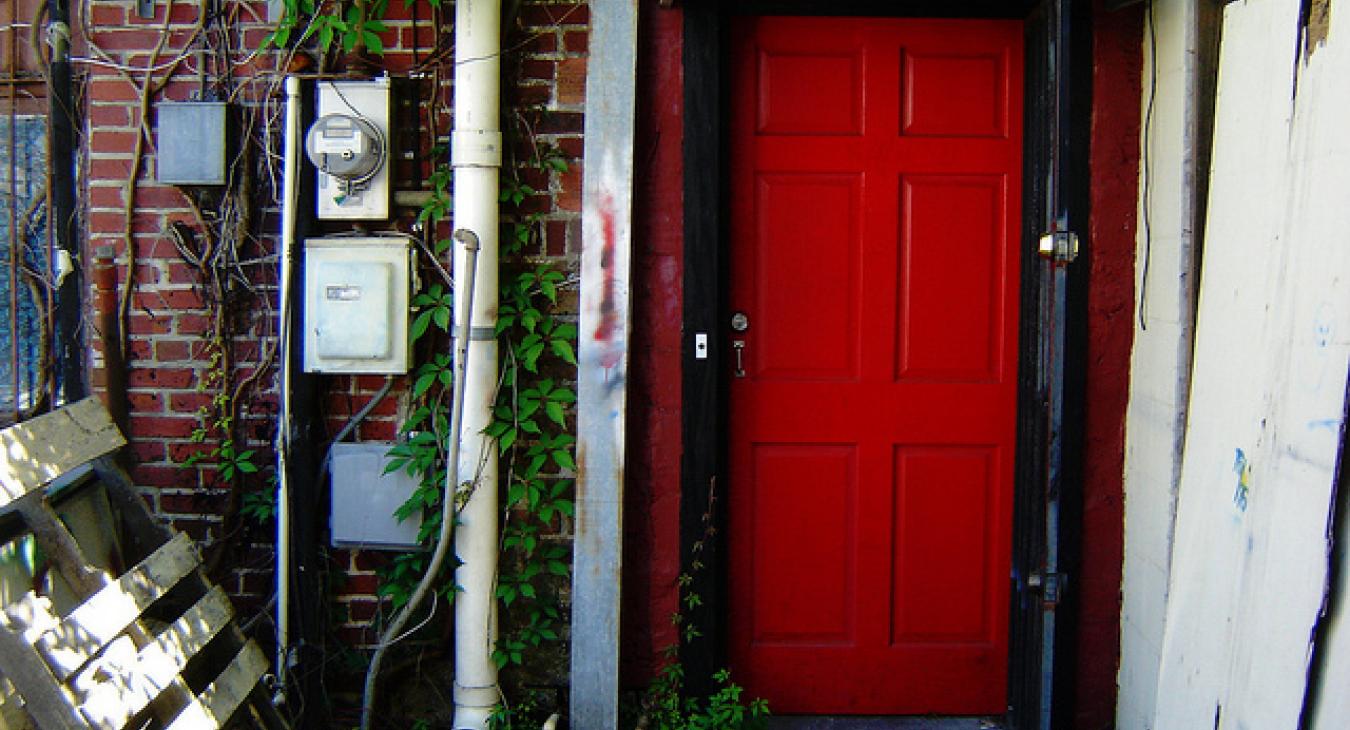This stark warning comes in the wake of South Essex Homes taking control over 6 flats after the landlord refused to allow electricians to certify the wiring of his property because it was done two years ago and covered until 2016.
Whilst it may appear that the landlord is keeping in with the recommendations of having an EICR (Electrical Installation Condition Report) carried out every 5 years, he may have taken on new tenants over the last 2 years meaning that he should have had a further EICR carried out with each change of tenancy.
Why?
As a responsible landlord, an EICR should be carried out with each change of tenancy. This is because there is no way of knowing whether the property wiring is still safe. The previous tenants may have caused damage to the wiring so it is important to check that the installation remains safe before new tenants move in.
Even newly rewired properties may be compromised and it is highly recommended that an EICR is also carried out on recently rewired properties at a change of tenancy.
Aren't EICRs in rented properties optional?
They are, however the vast majority of landlords have them done and in fact we carry out a lot of electrical testing in London for landlords and letting agents. This is because in the event of an incident occurring the court would look for evidence that as a landlord, you took the necessary precautions to ensure the electrical safety of your tenants. As the requirements are quite complex, the majority of landlords opt for an EICR which can be used as proof to the court.
Furthermore, although only recommendations, they can be used in a court of law as evidence to claim compliance with a statutory requirement. In plain English, this means that a court can specify in individual cases that an EICR was necessary and as a landlord you could be prosecuted.
Another good reason to have an EICR done in your rental properties
If your tenants issue a complaint to the local authority regarding electrical concerns, the council will ask you to prove how you are ensuring the electrical safety of your tenants. You will be given only a few days to respond otherwise you can receive heft fines of approximately £600 per property or room if you let rooms. The local authority can also issue an Interim Management Order where the local authority takes control of your property. If you are a landlord of multiple properties, this figure could soon add up and far outweigh the costs of having an EICR carried out in the first place.
An incident does not need to occur to have a requirement for an EICR. Many landlord insurance policies will now refuse cover if an EICR isn't in place.
Conclusion
An EICR is an essential safety net that not only protects your tenants but also your own property. As electrical contractors in London who carry out work for landlords on a daily basis, we cannot recommend EICR's highly enough. Don't risk your livelihood for the sake of keeping up with your paperwork.

